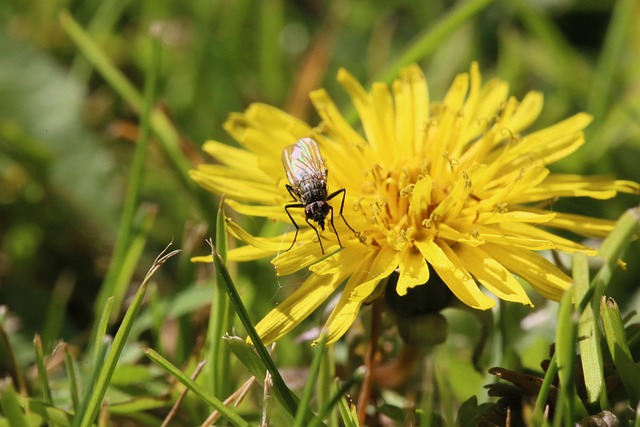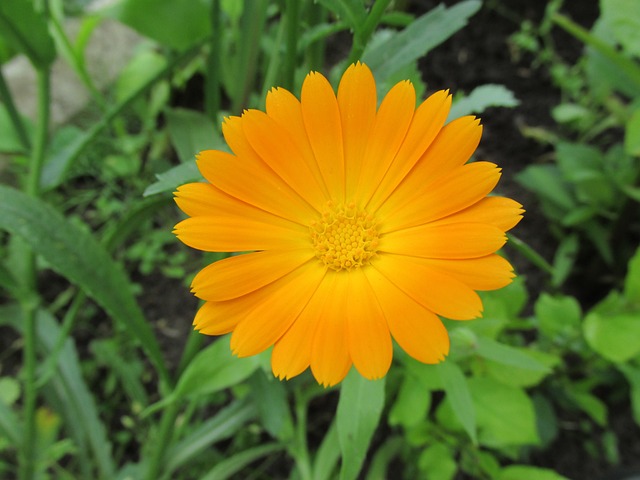huga chaga ✔ Huga Chaga: A Call for Awareness and Compassion in the Face of a Silent Epidemic

Huga Chaga: A Call for Awareness and Compassion in the Face of a Silent Epidemichuga chaga

In the heart of our communities lies a growing concern that is often overlooked—huga chaga, a parasitic disease that has been silently affecting countless lives. While the name may not resonate with many, the implications of this affliction are profound and warrant immediate attention. It is essential for society to approach this issue with both awareness and compassion, as the consequences of inaction can be dire.
Huga chaga, caused by the Trypanosoma cruzi parasite, primarily spreads through contact with the feces of triatomine bugs, commonly known as "kissing bugs." These insects are prevalent in various regions, and their nocturnal habits mean that many affected individuals may be unaware of their exposure until it is too late. The disease is insidious, as it can remain asymptomatic for years before manifesting severe health complications, including heart and digestive disorders. The lack of early diagnosis and treatment not only jeopardizes the health of individuals but also places an immense burden on healthcare systems.
One of the most alarming aspects of huga chaga is the stigma associated with it. Many individuals diagnosed with the disease face social isolation and discrimination, exacerbating their already challenging circumstances. This stigma often stems from a lack of understanding about the disease and its transmission. Society must tackle these misconceptions head-on to foster a more inclusive environment for those affected. Education is the key; by increasing awareness around huga chaga, we can dispel myths and encourage a culture of compassion rather than fear.
Furthermore, the socioeconomic implications of huga chaga cannot be ignored. Many individuals living in endemic areas belong to marginalized communities that already face significant challenges, including inadequate access to healthcare and education. The interplay between poverty and disease creates a vicious cycle that is difficult to break. Families affected by huga chaga may find themselves trapped in a state of financial insecurity due to medical expenses and lost income from illness. This reality calls for a concerted effort from governments, NGOs, and healthcare providers to develop and implement effective strategies aimed at prevention, treatment, and support for affected communities.huga chaga

While the medical community is making strides in understanding and treating huga chaga, there remains a critical need for research and development of vaccines and better diagnostic tools. Investing in scientific advancements will not only improve the lives of those currently affected but also help prevent future cases. Additionally, public health initiatives must focus on enhancing screening programs to identify cases early, particularly in vulnerable populations. Early intervention can significantly alter the course of the disease and improve outcomes for individuals.
Moreover, the role of community engagement in combating huga chaga should not be underestimated. Local leaders and organizations can play a pivotal role in educating their communities about the disease and promoting preventive measures. By harnessing the power of grassroots movements, we can create a network of support that empowers individuals to take charge of their health and well-being. This approach fosters a sense of ownership and responsibility within communities, transforming the narrative around huga chaga from one of despair to one of resilience and hope.huga chaga
As we reflect on the challenges posed by huga chaga, it is crucial to remember that our response must be rooted in empathy and understanding. Each statistic represents a person—a mother, a father, a child—whose life has been impacted by this disease. It is our collective duty to advocate for those who may not have a voice and to ensure that they receive the support and care they deserve.
In conclusion, huga chaga is not merely a public health issue; it is a humanitarian concern that requires our immediate attention. By fostering awareness, dispelling stigma, addressing socioeconomic factors, investing in research, and engaging communities, we can make significant strides in combating this silent epidemic. It is time for society to come together, not only to confront huga chaga but to embrace those affected with compassion and dignity. Together, we can pave the way for a healthier, more informed future for all.
Fale conosco. Envie dúvidas, críticas ou sugestões para a nossa equipe através dos contatos abaixo:
Telefone: 0086-10-8805-0795
Email: portuguese@9099.com


